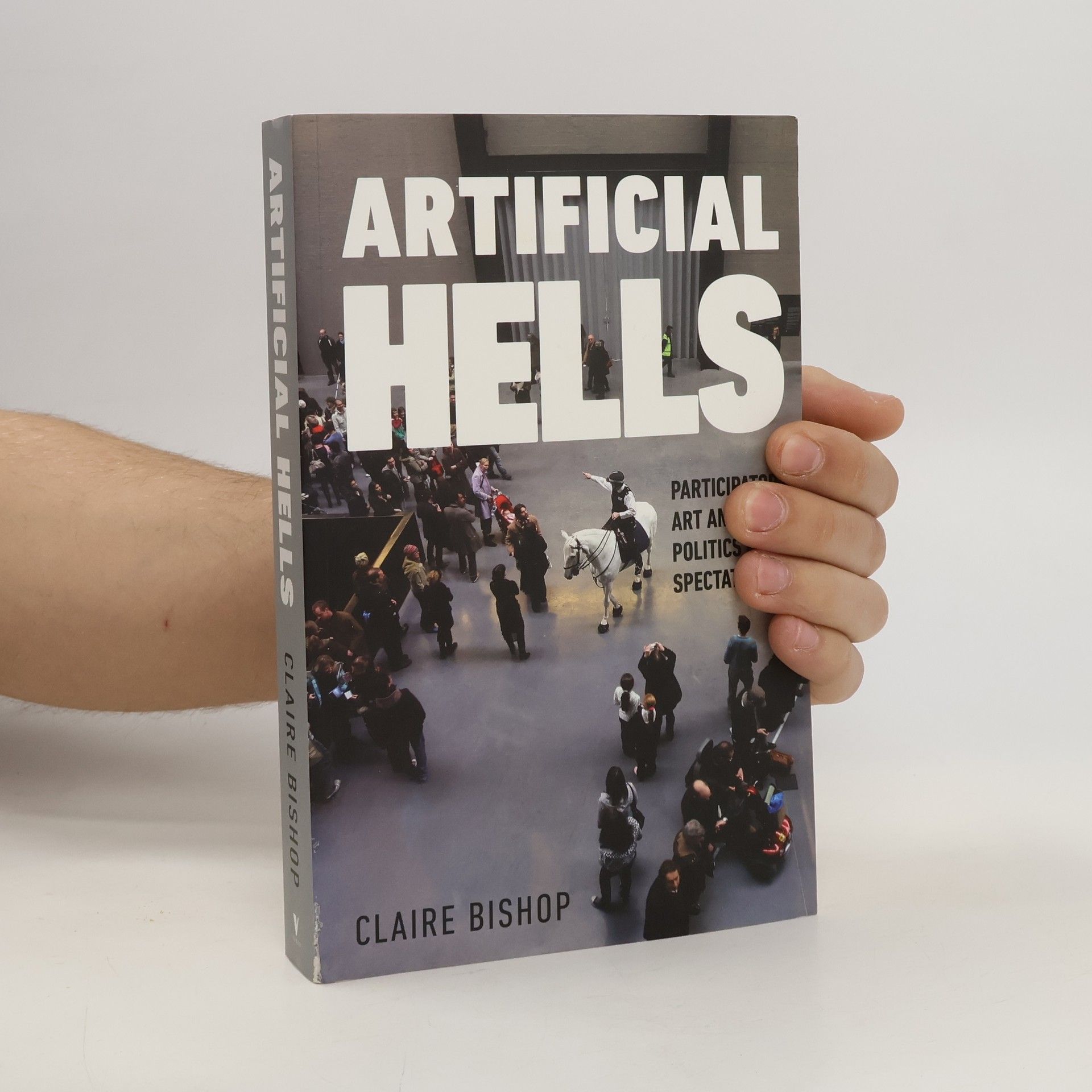Artificial Hells
- 382 páginas
- 14 horas de lectura
A searing critique of participatory art by an iconoclastic historian.
Claire Huchet Bishop fue una talentosa novelista infantil cuyas obras a menudo profundizaban en temas de fe y solidaridad humana. Creó historias reconocidas por su accesibilidad y profundidad subyacente, atrayendo tanto a jóvenes lectores como a adultos. El enfoque de Bishop se centró en narrativas que no solo entretenían, sino que también alentaban la reflexión sobre valores morales y la comprensión mutua. Su legado literario reside en su distintiva habilidad para entrelazar una narración cautivadora con mensajes profundos.


A searing critique of participatory art by an iconoclastic historian.
How technology and the attention economy has impacted contemporary art